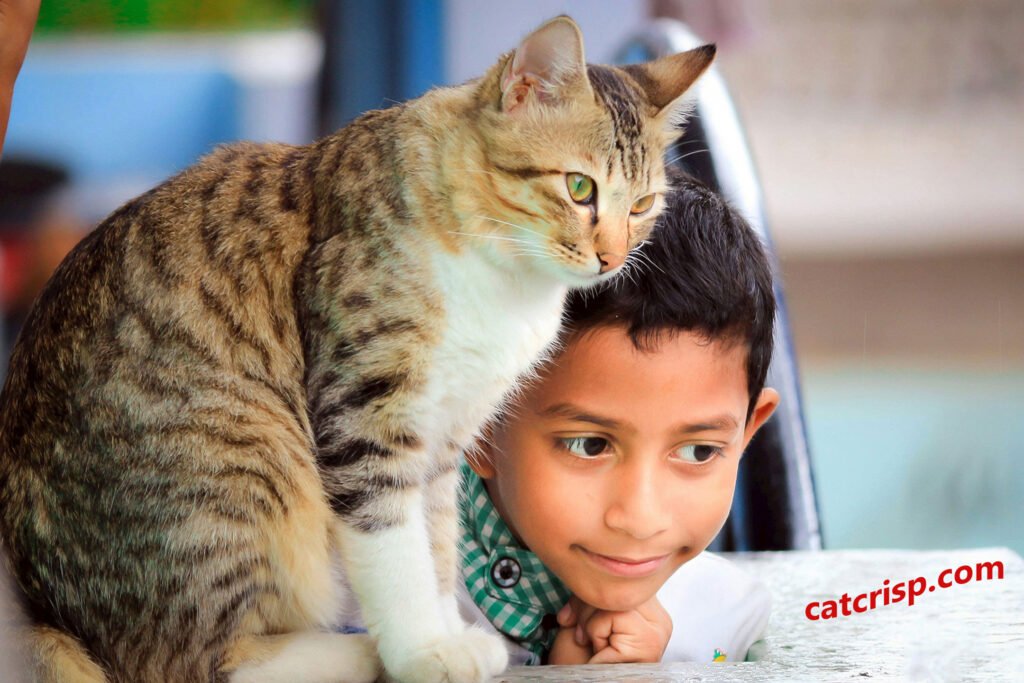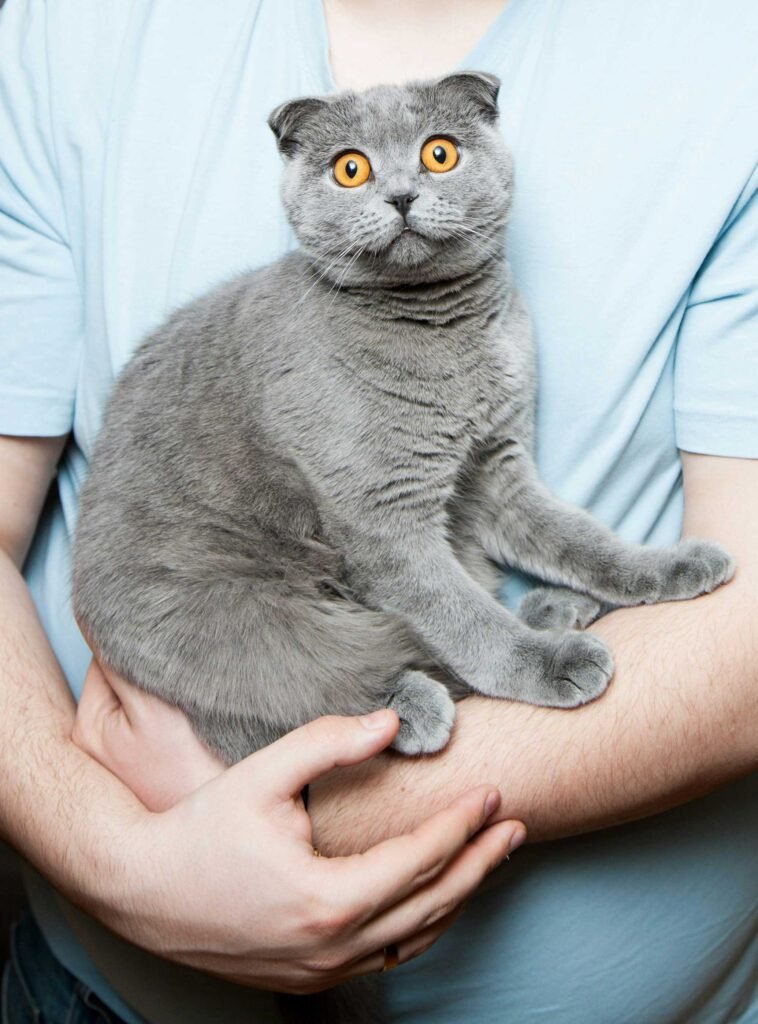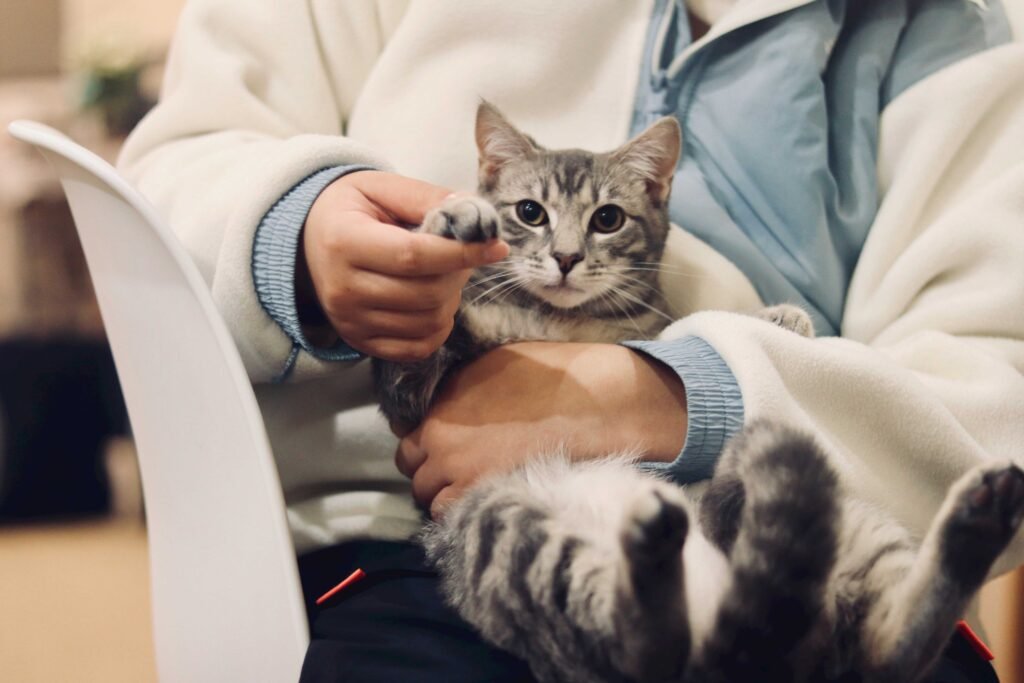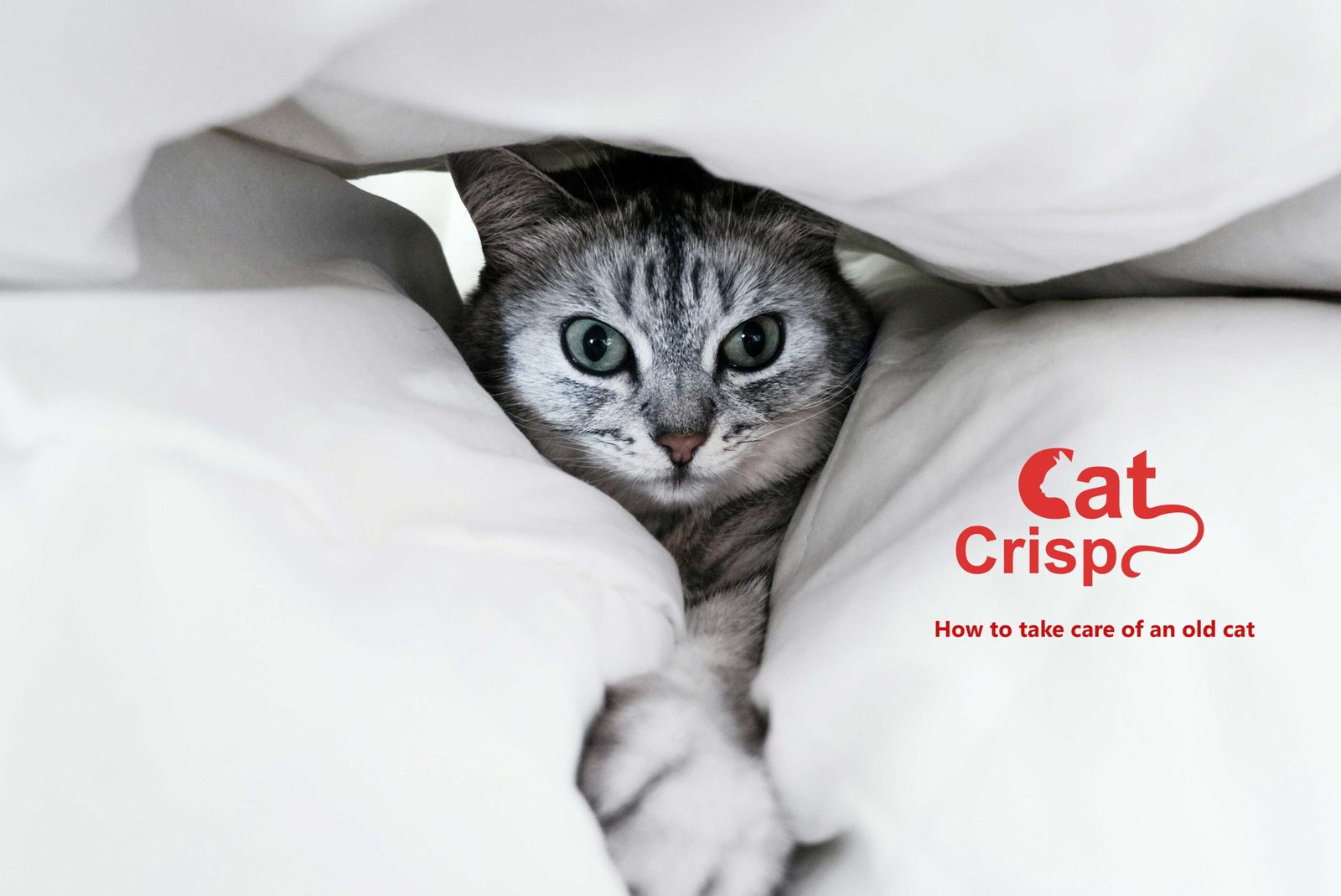As a Owner of two beautiful cats, I realize to share my experience here to “how to take care of an old cat?”.

If owning an old cat, you need to be extra careful. Never take the slightest change in your cat’s behavior lightly.
Nowadays, both pet owners and pet doctors are improving their pet’s quality of life as the pet ages. Along with love and care, they give the cat a carefree environment.
Doctors find out if there are any physical problems with the cat, provide appropriate treatment, and advise the cat owner on how to take care of the cat. If you own an older cat, you need to be extra careful.
Do not take it casually if you see the slightest change in the cat’s behavior (biting or excessive body licking). Seek medical attention quickly.
To provide the best quality of life for your senior cat, it’s essential to understand their evolving needs and adjust your care accordingly. In this article, we’ll explore some valuable tips on how to take care of an old cat.
The current situation of Cat world
The number of pet cats over the age of 6 has doubled in the last 25 years. This proves that cats have become more popular as pets in the last 25 years. As a result, much more scientific thinking has come into the way of caring for them at home or in the vet. This is why more and more cats are living longer and longer.

Table of Contents
ToggleSigns of an old cat
So, at first how to take care of an old cat, you have to know when your cat become old. It will seem as if you brought your kitten home today. Did not realize that 6-7 years have already passed.
When your cat turns 12 years old, he is a senior citizen in the feline world. And at age 15 he was identified as geriatric. The age range of any normal cat is 14-16 years. As a result, most cats are currently in their pre-pubescent state.
How do you know your cat is older?
Aging is a normal biological process in cats. Gradually, the functioning of the body’s organs starts to relax. As a result, the cat became ill. You have to understand that it is not an illness. It is due to age. Yet close attention is needed, and care is needed. And that will help your cat live longer.
If you see that your cat’s skin is thinning, or the toenails are breaking, then you will understand that the cat is getting old. Decreased appetite, decreased sense of smell, weight loss, increased sleepiness, and increased coldness are all signs of aging cats.

A Guide to Caring for Your Senior Feline Companion
Take care of an old cat, You have to give the cat time and play with him and give him toys too. It is good to have a designated area for scratching. Provide a place to hide, something to climb on if possible.
If you take the cat outside or on the roof every day, his mind is good, exercise is also done, and the risk of obesity is reduced. If you are working outside while keeping the cat indoors, provide adequate water and food.
Homemade food spoils if left outside for more than four to five hours in hot weather. That’s why it is necessary to accustom the cat to dry food (dry cat food).
So, here I discuss some points, that how to take care of an old cat.
- Regular Veterinary Check-ups: Just like humans, older cats are prone to age-related health issues such as arthritis, kidney disease, dental problems, and hyperthyroidism.
Scheduling regular veterinary check-ups is crucial for early detection and management of these conditions. Your veterinarian can recommend appropriate treatments, medications, or dietary adjustments to keep your senior cat healthy and comfortable.
2. Nutritious Diet: Part of take care of an old cat, Older cats often have specific dietary requirements. They may require food that is easier to digest, lower in calories to prevent obesity, and higher in protein to maintain muscle mass.
Consider switching to a senior cat food formula tailored to meet the nutritional needs of aging felines. Additionally, providing fresh water at all times is essential to prevent dehydration, especially for cats with kidney issues.
3. Comfortable Environment: Make adjustments to your home environment to accommodate your senior cat’s needs. Provide soft, warm bedding in quiet areas where they can rest undisturbed.
Consider installing ramps or steps to help them access their favorite elevated spots, as jumping may become challenging for older cats. Ensure litter boxes are easily accessible and clean to encourage regular toileting habits.
4. Regular Exercise: While older cats may not be as playful and active as their younger counterparts, it’s essential to encourage gentle exercise to maintain mobility and prevent obesity.
Engage your senior cat in interactive play sessions using toys that stimulate their instincts without putting too much strain on their joints. Short, frequent play sessions are ideal to prevent fatigue.
5. Dental Care: Dental issues are common among older cats and can lead to discomfort, difficulty eating, and even systemic health problems if left untreated.
Establish a dental care routine that includes regular brushing with feline-friendly toothpaste, dental treats, or toys designed to promote oral health. Your veterinarian may also recommend professional dental cleanings as needed.
6. Regular Grooming: Older cats may have difficulty grooming themselves due to arthritis or other mobility issues. Help your senior cat maintain good hygiene by gently brushing their fur to remove loose hair and prevent matting.
Pay special attention to areas that are prone to matting, such as behind the ears and under the chin. Additionally, keep their nails trimmed to prevent overgrowth and discomfort.
7. Monitor Behavior Changes: Take care of an old cat, Keep an eye out for any changes in your senior cat’s behavior, as these could be signs of underlying health issues.
Watch for changes in appetite, litter box habits, activity level, and interactions with family members or other pets. If you notice any concerning changes, consult your veterinarian promptly for evaluation and appropriate management.
8. Provide Emotional Support: As cats age, they may experience changes in behavior and mood. Some may become more affectionate and clingy, while others may become more withdrawn or irritable.
Be patient and understanding with your senior cat, providing plenty of love and reassurance. Maintain familiar routines and environments to reduce stress and anxiety.
9. Manage Pain and Discomfort: Older cats may experience chronic pain due to conditions such as arthritis or dental issues. Work closely with your veterinarian to manage your senior cat’s pain effectively.
They may recommend medications, supplements, or alternative therapies such as acupuncture or physical therapy to alleviate discomfort and improve quality of life.
10. Quality Time Together: Finally, cherish the time you have with your senior cat and make meaningful memories together. Spend quality time cuddling, grooming, or simply relaxing in each other’s company. Create a peaceful and nurturing environment where your senior cat feels safe, loved, and valued.
Conclusion
In conclusion, caring for an old cat requires patience, compassion, and dedication. By understanding and meeting their evolving needs, you can ensure that your senior feline companion enjoys a happy, comfortable, and fulfilling life in their twilight years.
With regular veterinary care, a nutritious diet, a comfortable environment, and plenty of love and attention, you can make the golden years truly golden for your beloved senior cat.

